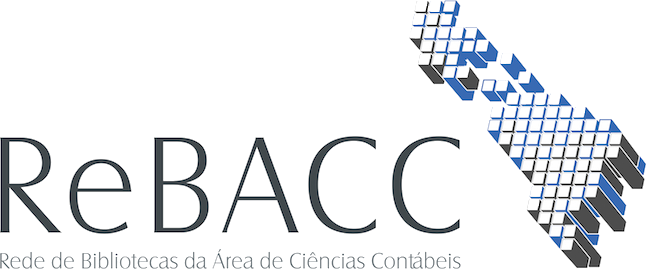Use este identificador para citar ou linkar para este item:
http://rebacc.crcrj.org.br/handle/123456789/6989| Título: | THE INFLUENCE OF NARCISSISM IN THE PROFESSIONAL ENVIRONMENT: ASPECTS RELATED TO DISHONESTY |
| Palavras-chave: | Narcissism; Dishonesty; Accounting. |
| Editora / Evento / Instituição: | AnpCONT |
| Descrição: | The objective of this study was to identify whether non-pathological narcissistic personality traits of undergraduate accounting students are related to their perception of dishonesty considering their future professional context, based on a survey of 108 accounting majors. The sample included students who joined the University of São Paulo between 2014 and 2016. The questionnaire used in this study was composed of three parts: i) participant profile; ii) Narcissistic Personality Inventory (NPI); and iii) the instrument for evaluating the respondents’ perception regarding attitudes that are considered as dishonest. The students analyzed tend to agree with some statements that relate to characteristics of narcissistic individuals, such as: a belief that they will be successful individuals, that they are seen as good leaders, and that they like to look at themselves in the mirror. Regarding dishonesty in the professional context, the attitudes the students considered most dishonest were: selling confidential information about a client, filling out a false expense report and turning it in, and pressuring a colleague to do your work and then taking credit for the work as your own. In relation to the model estimation aimed at testing the association between narcissistic personality traits and dishonesty in the professional context, we initially expected that the higher an individual’s score on the NPI, the lower the score would be on our instrument to measure perceptions of dishonest professional behavior. In the sample studied, however, the variable referring to narcissism was not statistically significant in this respect. We did find that the students who were more tolerant of academic dishonesty also tended to be more tolerant of professional dishonesty. That finding allows inferring that unethical behavior in the past is a strong indicator of future misbehavior, specifically that a positive correlation exists between dishonest behavior during school years and the propensity to engage in or tolerate fraud in the future professional setting. |
| URI: | http://rebacc.crcrj.org.br/handle/123456789/6989 |
| Outros identificadores: | http://asaa.anpcont.org.br/index.php/asaa/article/view/351 |
| Aparece nas coleções: | Revista ASAA |
Arquivos associados a este item:
Não existem arquivos associados a este item.
Os itens no repositório estão protegidos por copyright, com todos os direitos reservados, salvo quando é indicado o contrário.

